Dogs are known for their love of water, whether it's splashing in a puddle or lapping up water from their bowl. But have you ever wondered how long can a dog go without water? The answer to this question is crucial for pet owners to know, as dehydration can have serious consequences for a dog's health.
Canine Hydration Basics: Before diving into the topic of how long a dog can go without water, it's important to understand the basics of canine hydration. Water makes up around 60% of a dog's body weight and is essential for regulating body temperature, aiding digestion, and transporting nutrients throughout the body. Dogs lose water through panting, urination, and defecation, so it's important to ensure they have access to clean, fresh water at all times.
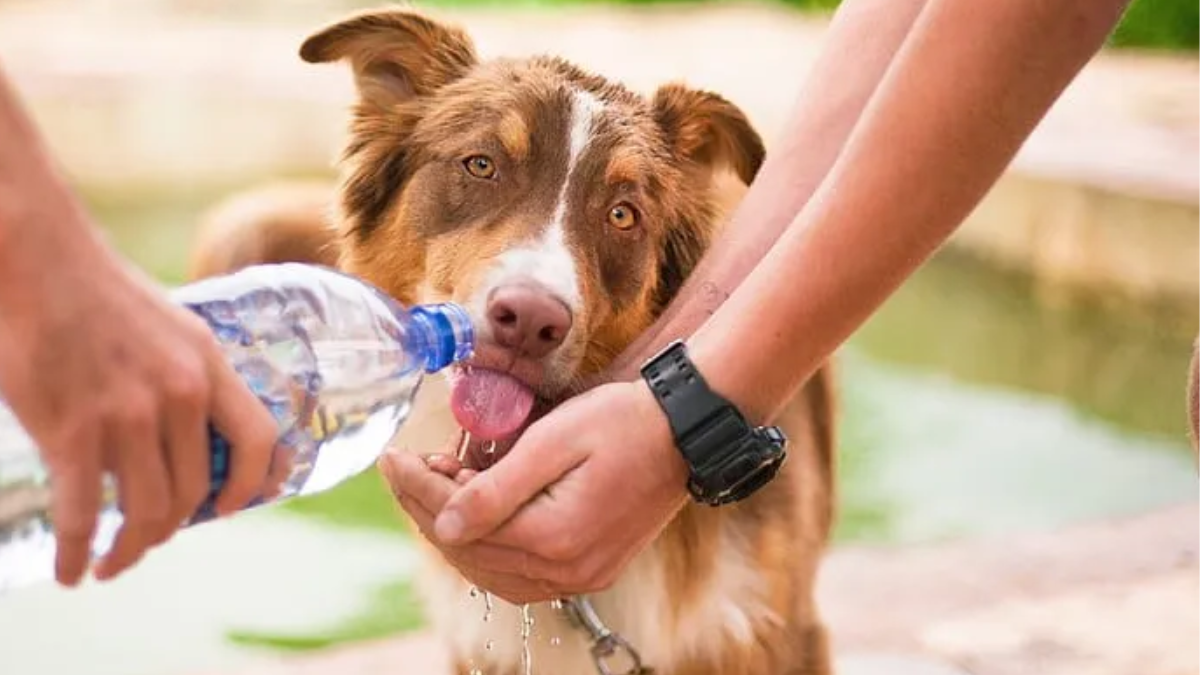
Dehydration in Dogs: Dehydration occurs when a dog loses more water than they take in, and it can happen for a variety of reasons, such as illness, hot weather, or lack of access to water. Symptoms of dehydration in dogs include lethargy, dry mouth, sunken eyes, and loss of skin elasticity. If left untreated, dehydration can lead to serious health complications, such as kidney failure and even death.
Key Takeaways
- Dogs require access to clean, fresh water at all times to maintain proper hydration and overall health.
- Dehydration can have serious consequences for a dog's health, so it's important to be aware of the signs and symptoms.
- Pet owners should take steps to enhance their dog's hydration, such as adding water to their food or providing electrolyte solutions in times of need.
Canine Hydration Basics
Importance of Water for Dogs
Water is an essential nutrient for dogs, just as it is for humans. It makes up approximately 60% of a dog's body weight and is necessary for many of their bodily functions, including digestion, circulation, and temperature regulation.

Dogs lose water through various means, such as urination, defecation, panting, and sweating through their paws. Therefore, they need to drink enough water to replenish what they lose.
Dehydration can lead to serious health problems in dogs, including kidney damage, heat stroke, and even death. Signs of dehydration in dogs include dry mouth and gums, sunken eyes, lethargy, and loss of appetite.
Factors Affecting Water Needs
The amount of water a dog needs depends on various factors, including their size, age, activity level, and the temperature and humidity of their environment. For example, a large dog that is very active on a hot day will need more water than a small dog that is lounging around in an air-conditioned room.
As a general rule, dogs should have access to fresh, clean water at all times. A good way to ensure they are drinking enough water is to monitor their water intake and refill their bowl as needed. Additionally, it's important to remember that dogs may need more water during times of stress, illness, or pregnancy.
Overall, ensuring that a dog is properly hydrated is crucial for their health and well-being. By providing them with access to clean water and monitoring their water intake, pet owners can help keep their furry friends happy and healthy.
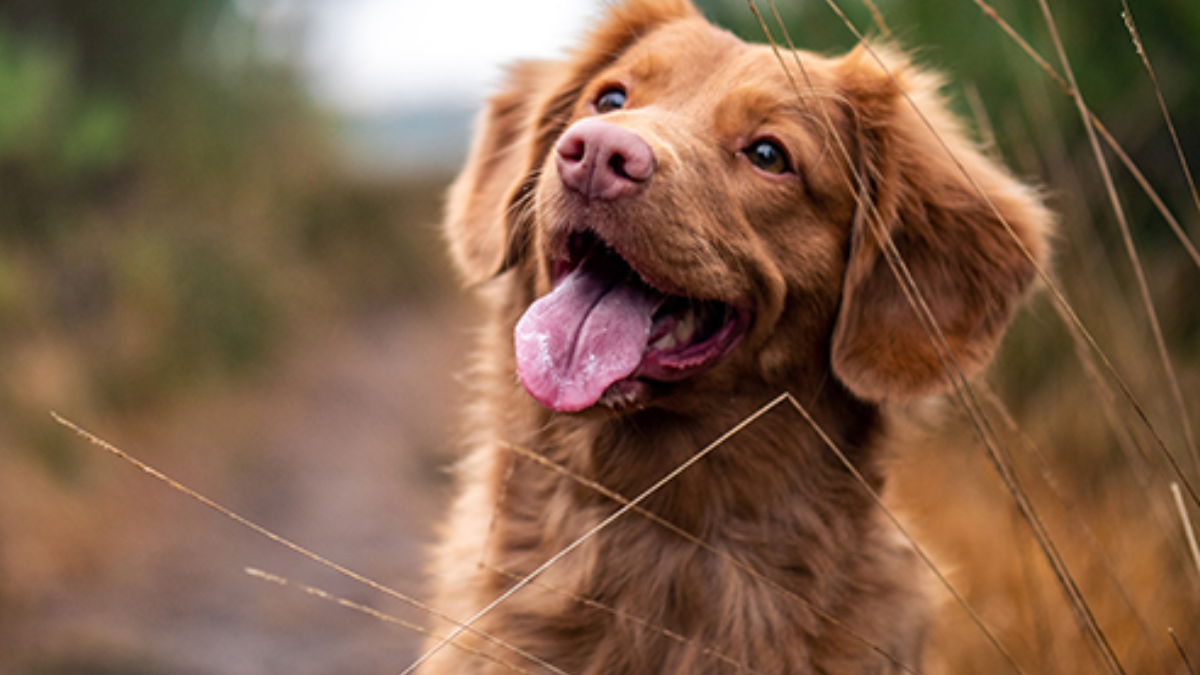
Dehydration in Dogs
Dehydration in dogs is a serious condition that occurs when a dog loses more fluids than it takes in. Water is essential for a dog's body to function properly, and when a dog becomes dehydrated, it can lead to a range of health problems.
Signs of Dehydration
Dog owners need to be able to recognize the signs of dehydration in their pets. Some common signs include:
- Dry mouth and nose
- Sunken eyes
- Loss of skin elasticity
- Lethargy or weakness
- Thick saliva
- Panting
If a dog is severely dehydrated, it may also experience vomiting, diarrhea, and collapse.
Health Risks of Dehydration
Dehydration can lead to a range of health risks for dogs, including:
- Kidney failure
- Heat stroke
- Urinary tract infections
- Seizures
- Shock
In severe cases, dehydration can even be fatal.
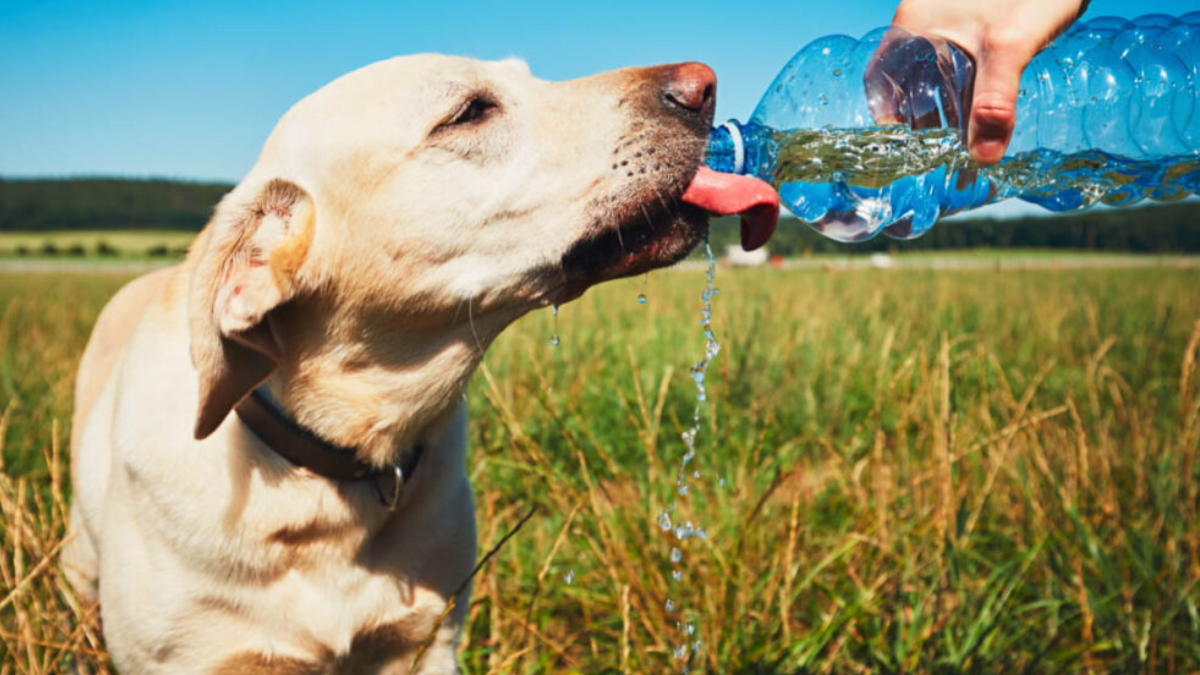
To prevent dehydration in dogs, it's important to make sure they have access to clean, fresh water at all times. During hot weather or periods of increased activity, it's especially important to monitor a dog's water intake and provide extra water as needed.
Overall, dehydration in dogs is a serious condition that requires prompt treatment. If you suspect your dog is dehydrated, it's important to seek veterinary care right away.
Water Deprivation
Safe Duration Without Water
Dogs can survive for several days without food, but water is a different story. Water is essential for a dog's survival, and without it, they can quickly become dehydrated. The duration of time a dog can go without water depends on several factors, such as age, breed, size, and overall health.
In general, a healthy dog can go without water for about three days. However, it's important to note that this is only an estimate, and the actual time can vary depending on the individual dog's circumstances. For example, a dog that is in a hot and humid environment will become dehydrated much faster than a dog in a cool and dry environment.
Survival without Water
If a dog goes without water for too long, they can suffer from severe dehydration, which can lead to organ failure and death. Dogs can lose up to 10% of their body weight in water before showing signs of dehydration. Some common symptoms of dehydration include lethargy, dry mouth and nose, sunken eyes, and loss of appetite.
It's important to provide your dog with access to clean and fresh water at all times. If you're going on a long trip or leaving your dog alone for an extended period, make sure to leave enough water for them to drink. Additionally, if you notice any signs of dehydration, seek veterinary care immediately.
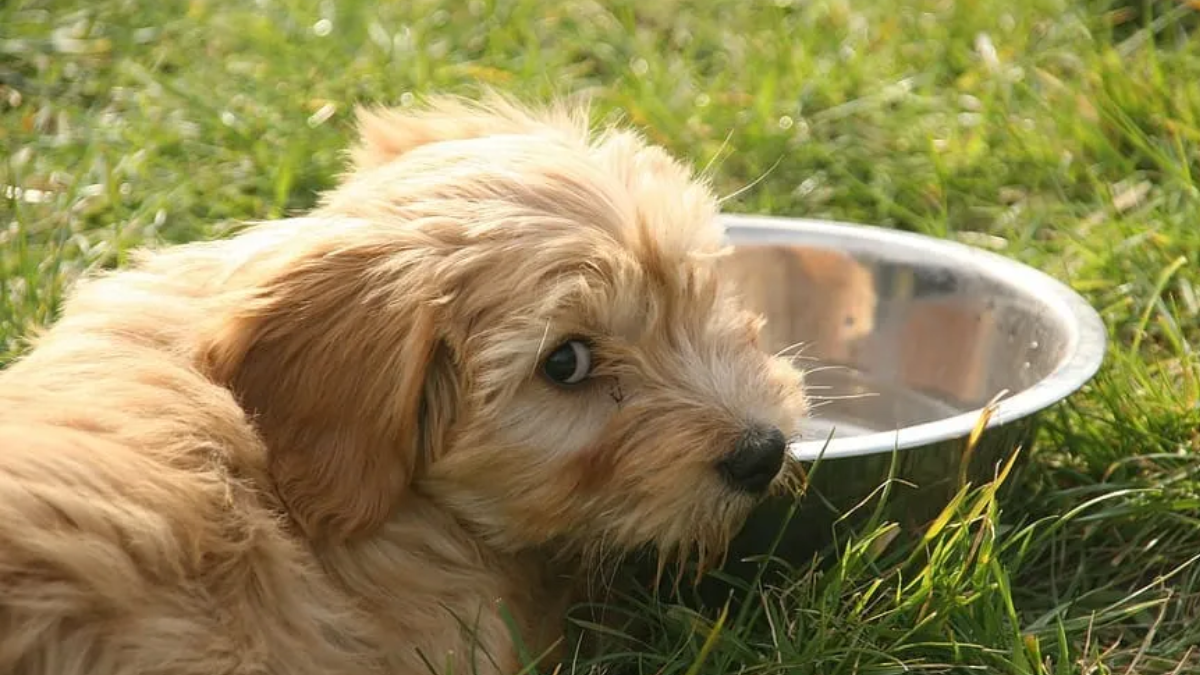
Enhancing Hydration
Hydration Tips
To keep a dog hydrated, it is essential to provide them with clean water. However, some dogs may not drink enough water, which can lead to dehydration. Here are some tips to enhance hydration in dogs:
- Add water to dry food: If your dog is not drinking enough water, you can add water to their dry food to increase their water intake.
- Use wet food: Wet food contains more water than dry food, which can help keep your dog hydrated.
- Offer water frequently: Keep water bowls in different areas of the house and offer water frequently to encourage your dog to drink more.
- Use flavorings: Some dogs may prefer flavored water, such as chicken or beef broth, which can encourage them to drink more.
Access to Clean Water
Access to clean water is crucial for a dog's health and hydration. Here are some tips to ensure your dog has access to clean water:
- Change water frequently: Change your dog's water bowl at least once a day to prevent bacteria growth.
- Use a water filter: If your tap water contains impurities, consider using a water filter to provide your dog with clean water.
- Use a water fountain: Dogs may prefer drinking from a water fountain, which also helps keep the water fresh and clean.
- Bring water on walks: When taking your dog for a walk, bring a water bottle and a collapsible bowl to ensure your dog has access to clean water.
Remember, it is essential to keep your dog hydrated to maintain their overall health and well-being. By following these tips, you can enhance your dog's hydration and prevent dehydration.
Emergency Care

First Aid for Dehydrated Dogs
If a dog is showing signs of dehydration, it is important to provide them with water immediately. However, if the dog is unable to drink or keep water down, it may be necessary to administer fluids subcutaneously or intravenously. This should only be done by a veterinarian or trained professional.
In addition to providing water, it is important to keep the dog cool and comfortable. This can be done by placing them in a cool, shaded area and providing a fan or air conditioning. Wetting the dog with cool water can also help to lower their body temperature.
When to Seek Veterinary Help
If a dog is severely dehydrated or showing signs of heatstroke, it is important to seek veterinary help immediately. Signs of heatstroke include excessive panting, drooling, lethargy, vomiting, and collapse.
In addition to providing fluids and cooling measures, a veterinarian may need to administer medications to treat any underlying conditions that may be causing the dehydration. They may also need to monitor the dog's electrolyte levels and provide supportive care.
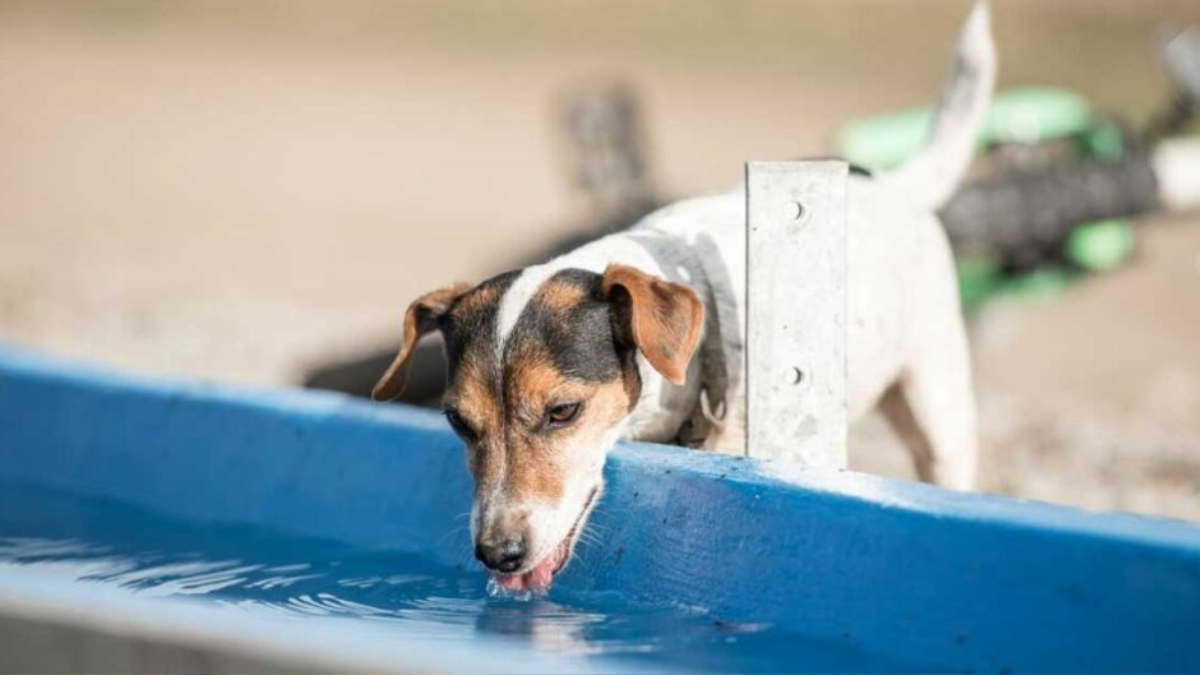
It is important to note that dehydration can be a serious condition and should not be taken lightly. If a dog is showing signs of dehydration, it is important to take action quickly to prevent further complications.
Conclusion:
In conclusion, the question "How long can a dog go without water?" underscores the critical importance of hydration for our beloved canine companions. Through this exploration, it becomes evident that water is not merely a luxury but a fundamental necessity for a dog's overall health and well-being.
Understanding the factors influencing a dog's ability to survive without water, such as size, age, activity level, and environmental conditions, allows us to appreciate the individual needs of each dog. However, regardless of these variables, it is universally acknowledged that denying a dog access to water for an extended period is detrimental and potentially life-threatening.
As responsible pet owners, we must ensure that our dogs always have access to clean, fresh water. Regular monitoring of their hydration status, especially during hot weather or strenuous activities, is crucial. Additionally, fostering good hydration habits from puppyhood lays the foundation for a lifetime of optimal health.
Ultimately, the question of how long a dog can go without water serves as a poignant reminder of our responsibility to prioritize their hydration needs. By providing consistent access to water and vigilantly monitoring their well-being, we can ensure our furry friends lead happy, healthy lives.
Frequently Asked Questions
- What are the signs of dehydration in dogs?
- Dehydration in dogs can cause a variety of symptoms, including dry mouth, sunken eyes, lethargy, loss of appetite, and panting. In severe cases, dehydration can lead to collapse, organ failure, and even death. It is important to take steps to prevent dehydration in dogs and to seek veterinary care if you suspect your dog is dehydrated.
- How do you hydrate a dog that won't drink?
- If your dog is not drinking water, there are several things you can do to help hydrate them. One option is to offer wet food, which can help increase their water intake. You can also try adding water to their food or offering ice cubes as a treat. If your dog is still not drinking, it is important to seek veterinary care as they may require fluids to be administered subcutaneously or intravenously.
- Can you leave a dog without water all night?
- While it is generally safe to leave a healthy adult dog without water overnight, it is not recommended. Dogs, like humans, need access to water at all times to stay hydrated and healthy. If you must leave your dog overnight, make sure they have access to plenty of water before you go and as soon as you return.
- What is the survival time for dogs without food and water combined?
- The survival time for dogs without food and water combined varies depending on a variety of factors, including the dog's age, health, and activity level. In general, dogs can survive without food for several weeks, but they can only survive without water for a few days. However, it is important to note that depriving a dog of food and water is cruel and illegal in many jurisdictions.
- How does hot weather affect a dog's hydration needs?
- Hot weather can increase a dog's hydration needs, as they lose water through panting and sweating. It is important to provide plenty of fresh, clean water and to avoid exercising your dog during the hottest parts of the day. Signs of heatstroke, such as excessive panting, drooling, and lethargy, should be taken seriously and treated immediately.
- What are the risks of a dog not drinking enough water when ill?
- When a dog is ill, it is important to monitor their water intake closely. Dehydration can worsen many illnesses and lead to serious complications. If your dog is not drinking enough water, you should seek veterinary care as soon as possible. Your vet may recommend fluids be administered subcutaneously or intravenously to help rehydrate your dog.






